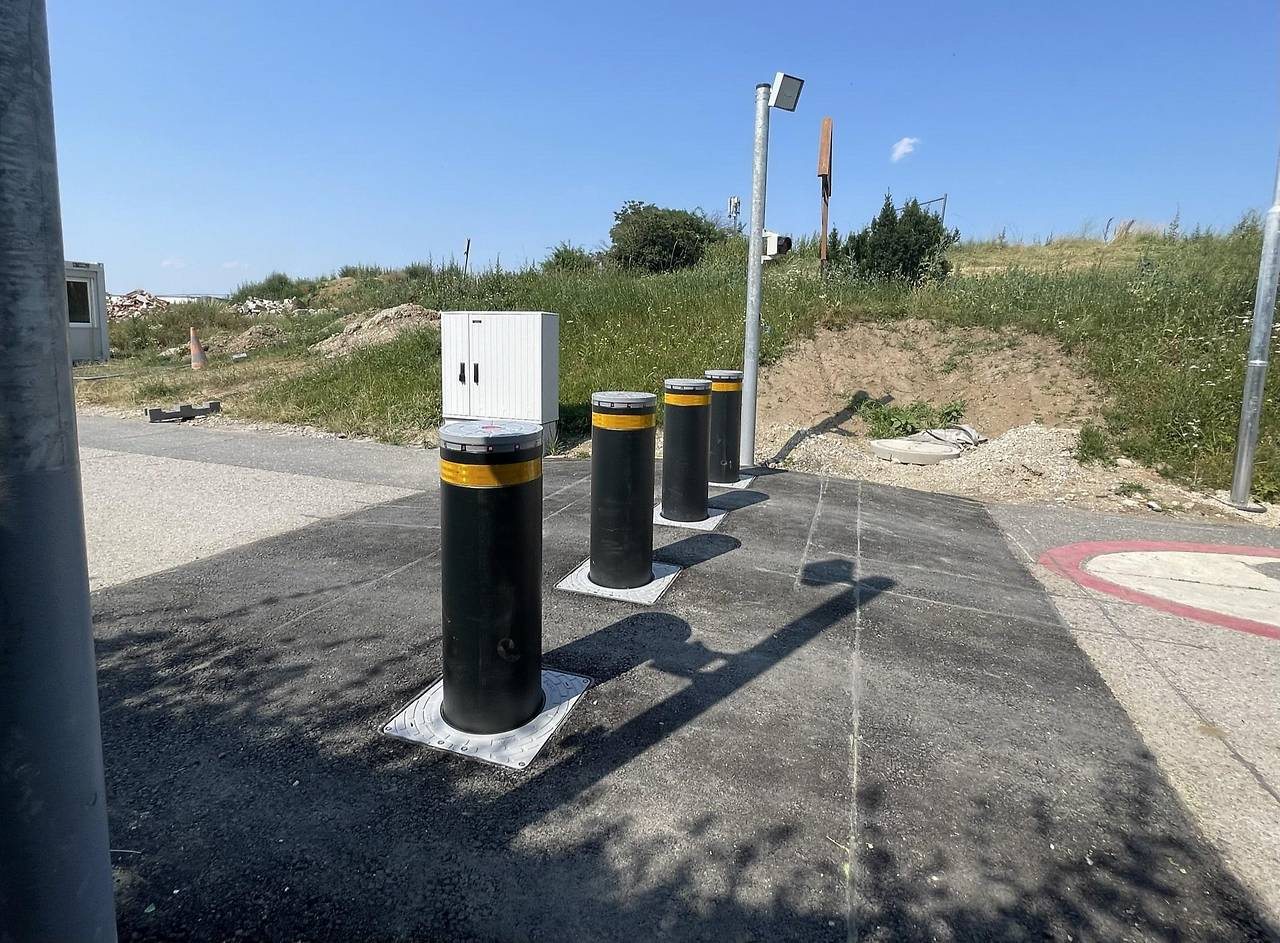The Rajka-Deutsch Jahrndorf border crossing situation has been resolved, but work still needs to be done at the other two border crossings.Continue reading

Following complaints by several commuters and residents of Ágfalva in Hungary at the Austrian border, the European Commission’s Directorate General for Migration and Home Affairs is also dealing with the unilateral Austrian closure of the border between Somfalva (Schattendorf, Austria) and Ágfalva and the question of whether this is allowed by EU law, enyugat.hu reports.
The Commission has received a number of complaints about the closure of the border by the Austrian authorities, the imposition of special preconditions for entry into Austria and the possibility of discrimination against Hungarian citizens. All these complaints have been registered by the European Commission’s Directorate-General for Migration and Home Affairs.
The persons concerned have received a letter from Head of Unit Corinna Ullrich in response to their questions. The Brussels official first clarified that any EU citizen who holds a valid identity card or passport has the right to leave the territory of a member state to travel to another one and to enter the territory of one. Moreover, irrespective of their place of residence, nationals of a member state shall have the right to take up and pursue employment in the territory of another member state in accordance with the laws, regulations or administrative provisions governing the employment of nationals of that country.
However, Austria temporarily reintroduced internal border controls at its land borders with Slovenia and Hungary between 12 November 2022 and 11 May 2023, the period relevant to the complaints, and then extended them until 11 November.
The Commission also warns commuters that border controls can lead to de facto restrictions on border crossing opportunities at any point. On the other hand, the reintroduction of border controls should not affect the right to exercise freedoms and therefore should not justify the imposition of preconditions for entry into a member state (e.g. payment of a fee in exchange for entry, presentation of documents proving that the person concerned is working in the member state concerned).
As Hungary Today reported, the border crossing between Schattendorf and Ágfalva can be used only with a permit since 3 July. The permit, valid for two years, costs 160 euros. About 140 euros of this will be reimbursed in the form of vouchers that can be redeemed in Schattendorf. Besides this, there are also problems at the Fertőrákos – St. Margarethen (Szentmargitbánya) border crossing, while the issues at the Rajka – Deutsch Jahrndorf border have been recently resolved.
With regard to the intention to create a pedestrian zone at the Schattendorf-Ágfalva crossing point, it is not entirely clear to the European Commission whether the fee is linked to the use of the infrastructure or to the fact of crossing the border.
This will be clarified with the Austrian authorities. It will also be clarified whether there are alternatives to toll road infrastructure and under what conditions non-residents can use them.
Corinna Ullrich stated that, under EU law on the free movement of workers, it should be possible for all frontier workers, irrespective of their place of residence, to obtain a specific authorization to cross the zone in question.
If restrictions are in force in this respect, Austria must explain the legitimate aim pursued by the measure and the proportionality and appropriateness of the measure.
Measures taken by local authorities to protect the interests of their communities must fully respect the principle of non-discrimination. If in border communities only non-residents were to be charged for crossing the border, this would be a truly discriminatory practice. However, reimbursable charges for the use of road infrastructure to support cross-border traffic on the basis of cross-border economic links, or subsidy schemes that compensate local residents for the costs incurred by the need to use alternative toll roads, do not appear to be discriminatory.
The reply also revealed that the Commission has long been concerned about the issue of long-term controls by Austria at its land borders with Hungary and Slovenia. The abolition of checks at internal borders is one of the priorities for Schengen governance this year.
Featured photo via Facebook/ORF Magyarok